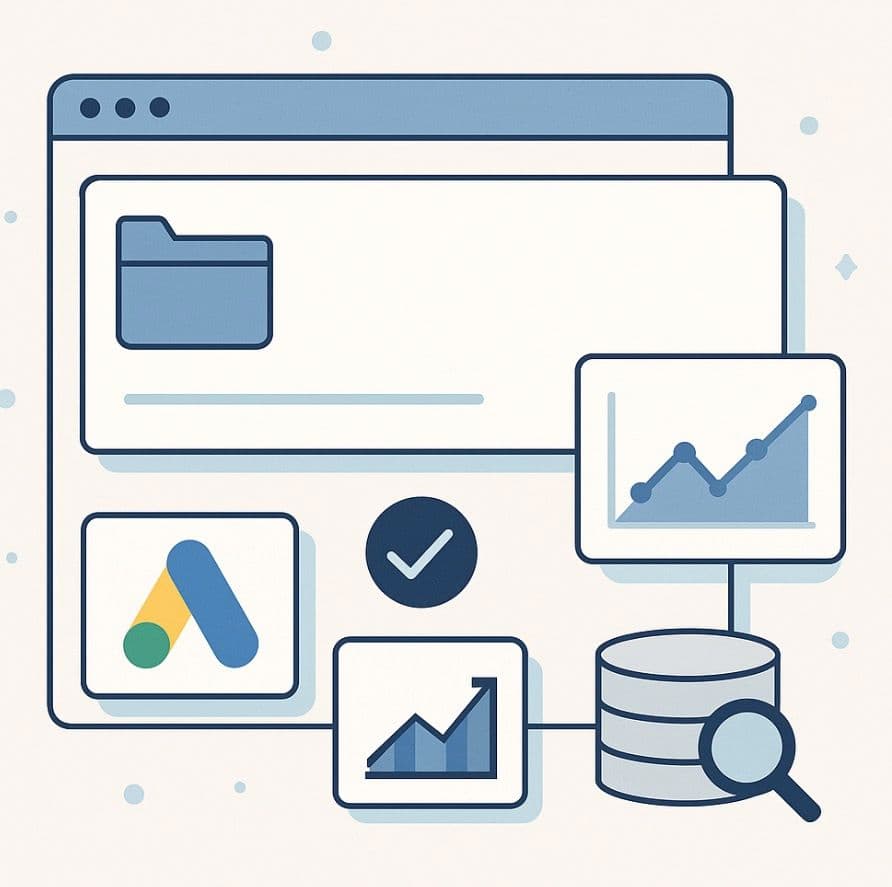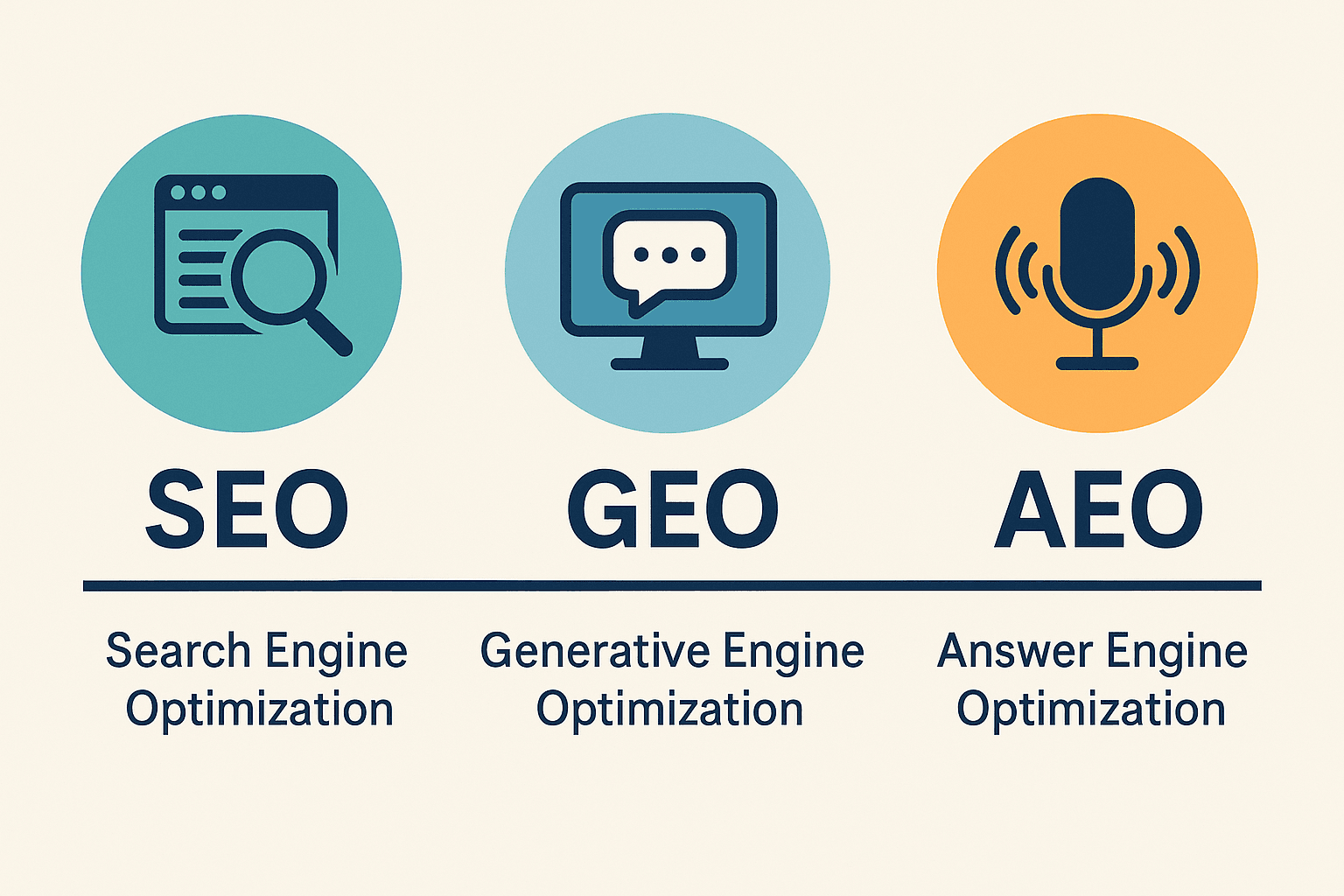Backlinks have long been the currency of search engine optimization (SEO). For decades, Google’s PageRank system evaluated the quality and quantity of inbound links as a primary factor in determining authority. Marketers built entire strategies around acquiring backlinks to climb search engine rankings.
But the landscape is shifting. With the rise of AI-powered search engines like ChatGPT, Perplexity, and Google’s own AI Overviews, the question becomes: how much do backlinks still matter, and how is their role evolving in the age of AI search?
This article explores the changing nature of backlinks, why they still matter, and how to adapt your link-building strategy for an AI-driven search world.
Why Backlinks Became the Backbone of SEO
Before diving into AI, it’s worth remembering why backlinks mattered in the first place. Traditional search engines used links as a proxy for trust and credibility. If multiple reputable websites pointed to a page, it was assumed that page had value.
Backlinks served several purposes:
- Authority signals: Links from trusted domains transferred credibility.
- Discovery: Crawlers used links to find new content.
- Contextual relevance: Anchor text provided clues about the linked page’s topic.
- Ranking power: More high-quality links meant higher positions in search results.
While search algorithms evolved to account for spam and manipulation, backlinks remained one of the most reliable ranking signals for two decades.
How AI Search Changes the Role of Backlinks
AI-driven search engines don’t simply return a list of blue links. They summarize, synthesize, and interpret information across the web.
Instead of asking “Which page ranks highest?” AI systems ask “Which content best answers this query?”
This changes the visibility game. When an AI chatbot delivers an answer directly, the user may never click through to the original source. The traditional link economy appears threatened.
So, do backlinks still matter? The short answer: yes — but in a different way.
Why Backlinks Still Matter for AI SEO
AI systems need to determine credibility, just like search engines do. They don’t blindly generate answers; they rely on training data, citations, and context signals to decide which sources are trustworthy. Backlinks still play a role in this evaluation.
Backlinks and AI Training Data
Pages with strong backlink profiles are more likely to be included and emphasized in large language model training data because they are already established as authoritative.
Backlinks and AI Citations
Perplexity, Bing Copilot, and some Google AI results include citations. These models often cite content from websites with strong backlink authority.
Backlinks and E-E-A-T
Google emphasizes Experience, Expertise, Authoritativeness, and Trustworthiness. Backlinks from credible sources reinforce these signals, making it more likely your site is referenced.
Backlinks and Content Discovery
Even in an AI-first world, search indexes still matter. Backlinks help ensure your pages are crawled and discovered in the first place.
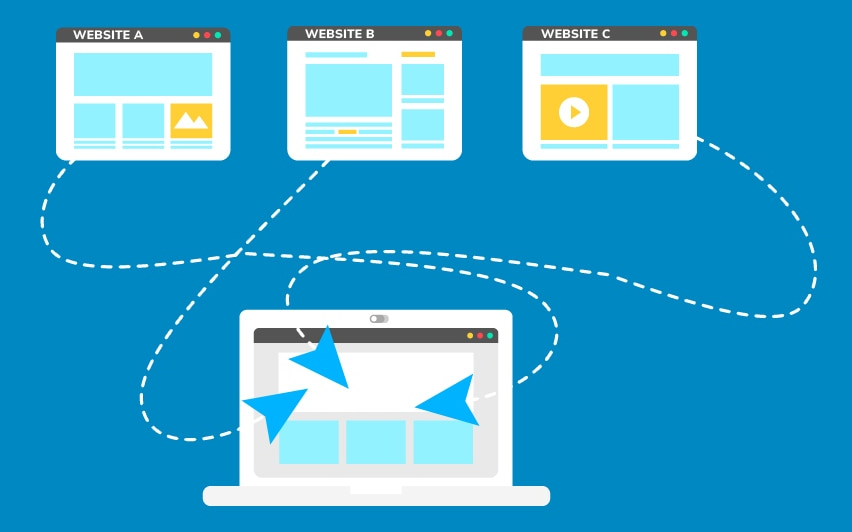
Link Building in the Age of AI Search
If backlinks are still important, the way we pursue them needs to evolve. Old tactics like mass guest posting or directory submissions are outdated. AI search prioritizes quality, relevance, and authority.
What’s Changing in Link-Building Strategy
- From Quantity to Quality: Fewer, stronger links beat bulk links.
- From Homepage Links to Content Links: Deep links to specific, relevant pages are more valuable.
- From Anchor Text to Semantic Context: AI evaluates the surrounding text, not just the anchor.
- From SEO-Only to Multi-Channel Trust: Mentions in journals, news outlets, and databases can matter as much as links.
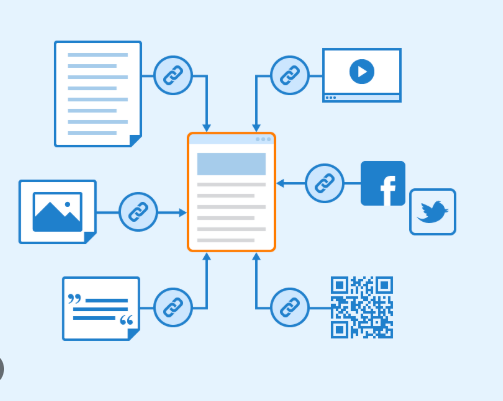
How to Build Backlinks for AI-Optimized SEO
Here are practical ways to strengthen your backlink strategy for an AI-driven world:
1. Create Citable, Authoritative Content
Publish research, data, long-form explainers, and evergreen guides that AI systems can reference.
2. Prioritize High-Authority Sources
Pursue links from respected industry sites, academic journals, and major publications. One quality link is worth dozens of weaker ones.
3. Pursue Brand Mentions Alongside Links
AI may weigh unlinked mentions when assessing authority. PR, speaking events, and podcast appearances all help.
4. Optimize for Semantic Relevance
Surround your content and inbound links with rich, topic-related context that AI can interpret.
5. Track AI Citations
Emerging tools now track when your content is cited by AI engines. Use these insights to adjust link-building focus.
Challenges with Backlinks in an AI Search Landscape
Despite their ongoing importance, backlinks present new challenges in an AI-first search world:
- Fewer Clicks: Even if cited, AI summaries may reduce traffic.
- Black Box Systems: It’s difficult to know exactly how links influence AI answers.
- Content Quality First: Backlinks alone aren’t enough — trust and expertise matter equally.
The Future of Backlinks and SEO in AI Search
Looking ahead, backlinks are likely to evolve into part of a broader digital trust graph. They’ll still matter, but alongside other signals like structured data, entity recognition, and verified expertise.
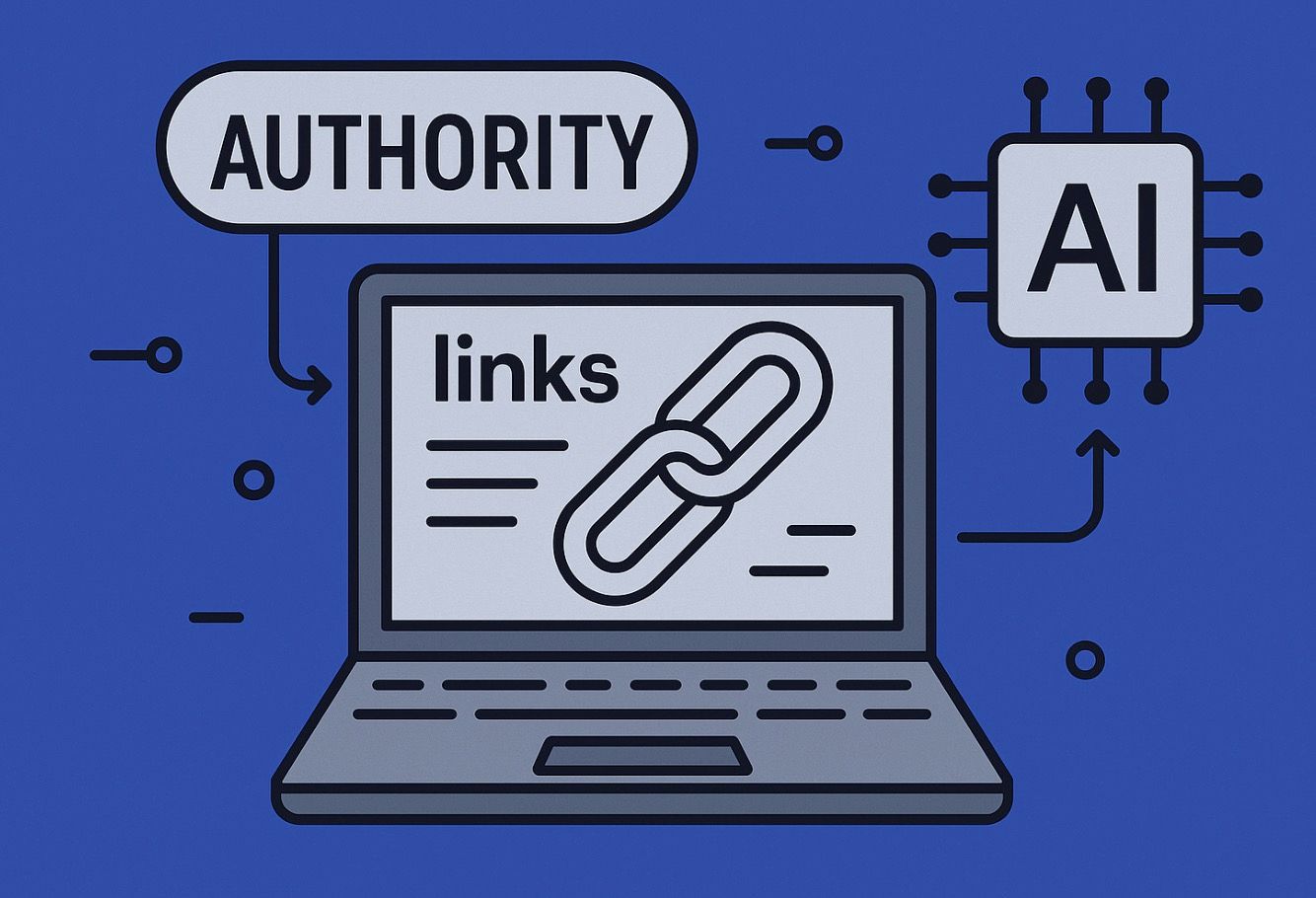
In this future, backlinks will:
- Be judged for authenticity and context, not volume.
- Carry weight when tied to expert voices or organizations.
- Blend with semantic connections and mentions.
- Support a multi-modal trust ecosystem across text, video, and structured data.
Conclusion: Backlinks as Digital Trust Signals in AI SEO
The rise of AI search doesn’t mean the end of backlinks — it means a new role for them. Links remain critical in shaping trust and authority, ensuring your content is discoverable, citable, and credible in the eyes of AI.
To succeed, SEO professionals should:
- Create authoritative, citable content.
- Focus on high-quality backlinks from niche authorities.
- Pay attention to mentions, semantic context, and E-E-A-T signals.
Backlinks may no longer guarantee traffic in the same way they once did, but in the age of AI search, they are still foundational to building credibility in a trust-first digital ecosystem.


